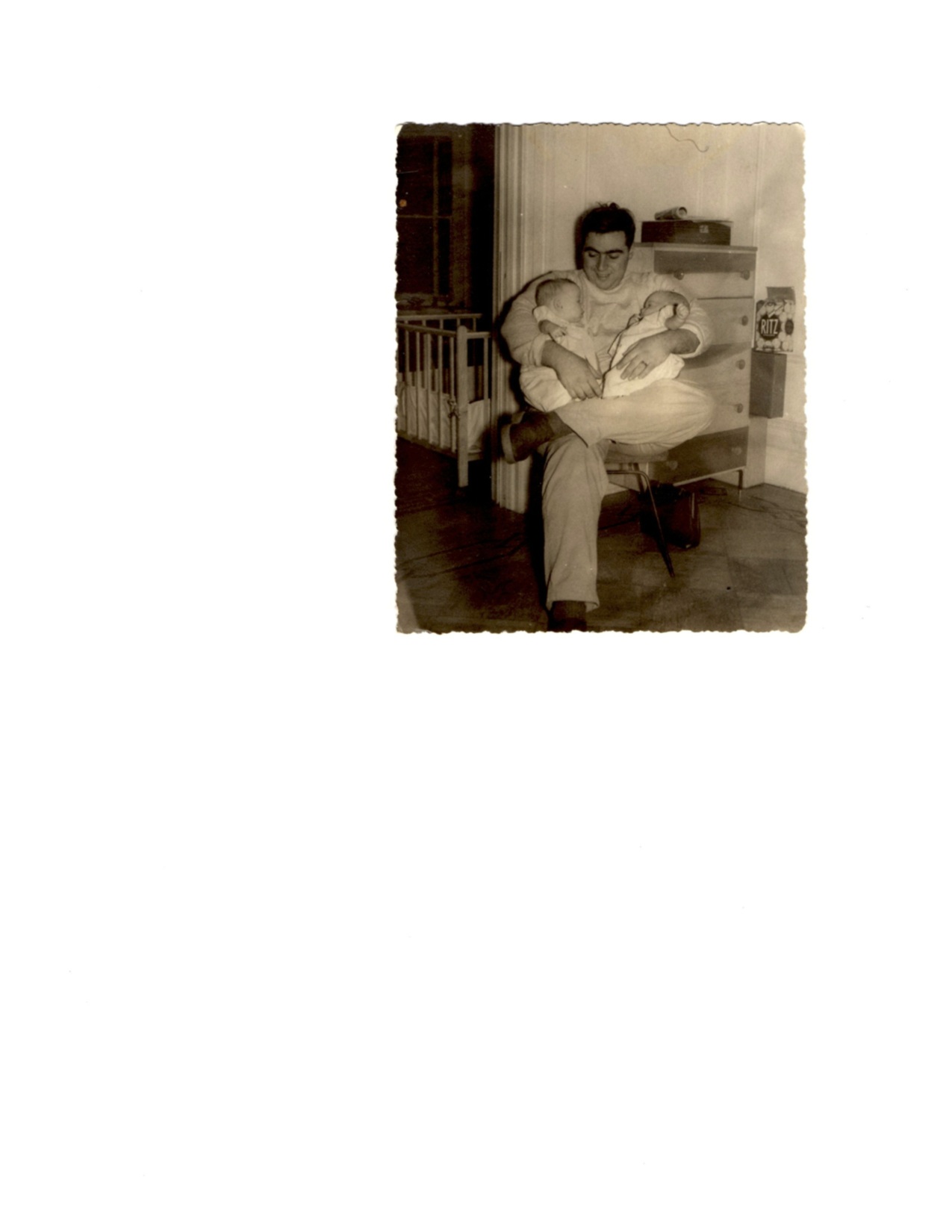I’m less than a third of the way through Naomi Klein’s brilliant book, The Shock Doctrine: The Rise of Disaster Capitalism, but it’s already giving me a new perspective on my years of graduate work in business school.
Klein talks about the argument made by Nobel-prize-winning economist Milton Friedman, that free-unfettered capitalism is the key to bringing all economic indicators in line, leading to a humming economy. Part of the allure of all economic theories, of course, is their ability to express their theories in terms of mathematical formulas. We have a tendency in the West, to think that numbers bestow reality on assertions. But Klein points out that Friedman implied that his free market theories had the strength of natural law.
In the early 1980’s, I was seduced by that very argument. As the daughter of a biologist, in my early 20’s, it was an especially appealing one for me. I was further pushed towards the search for such a comforting world view, by my experiences in the world of social work and government funding. Coming straight out of a very (in both senses of the word) liberal arts college, and armed with the latest psychological theories, it was a rude awakening to my idealistic sensibilities.
My journey to business school started with my training in Gestalt theories of psychology and therapy. The Gestalt method applied principles of learning and perception, as well as some Eastern notions of mind-body integration, to group dynamics and self-actualization. Some Gestalt-types were applying their Gestalt training to Organizational Development, so I followed their example by pursuing graduate degrees in business schools.
When I began to take the required Economics courses, the elegance and security provided by the likes of Friedman was like a breath of fresh air. Finally, a sense of order, in the wake of my messy experience in the real world. I was hooked.
I’ve long since become critical of my economics lessons, as they - as the “dismal science” is famous for - were based on some stringent assumptions. To my mind, the most important assumption was the free and equal access to information by both sides of a supply-demand negotiation. Obviously, that never happens - consumers and employees in particular never have as much information as the large corporations that hire them and sell them goods and services.
What Naomi Klein made me realize, was the fallacy of the “natural science” analogy. It’s so tempting to think about natural laws as applying to the economy, and Friedman convinced the world that he, alone, had the secret for managing those laws. Of course, like televangelists who reserve for themselves the power to interpret scripture, Friedman reserved for himself the power to determine which inputs and outputs would be acknowledged, and which would be invisible. As Klein emphasizes, the pain of the vast majority of people in a host of countries was given short shrift. More broadly, as RFK famously pointed out:
"Too much and too long, we seem to have surrendered community excellence and community values in the mere accumulation of material things. Our gross national product ... if we should judge America by that - counts air pollution and cigarette advertising, and ambulances to clear our highways of carnage. It counts special locks for our doors and the jails for those who break them. It counts the destruction of our redwoods and the loss of our natural wonder in chaotic sprawl. It counts napalm and the cost of a nuclear warhead, and armored cars for police who fight riots in our streets. It counts Whitman's rifle and Speck's knife, and the television programs which glorify violence in order to sell toys to our children.
"Yet the gross national product does not allow for the health of our children, the quality of their education, or the joy of their play. It does not include the beauty of our poetry or the strength of our marriages; the intelligence of our public debate or the integrity of our public officials. It measures neither our wit nor our courage; neither our wisdom nor our learning; neither our compassion nor our devotion to our country; it measures everything, in short, except that which makes life worthwhile. And it tells us everything about America except why we are proud that we are Americans."
Similarly, Marilyn Waring has made the astute observation that so many of the most crucial inputs into our economy - the work done by the women of the world - are not counted in economic models, and treated as somehow not work.Lofty and elegant theories are attractive to those of us who have spent much time in academia. Klein makes a good argument that Keynesian economics - which reigned supreme after the Great Depression and had so much influence over FDR - is a practical mix of private enterprise and government responsibility, that minimizes the pain of the masses.





